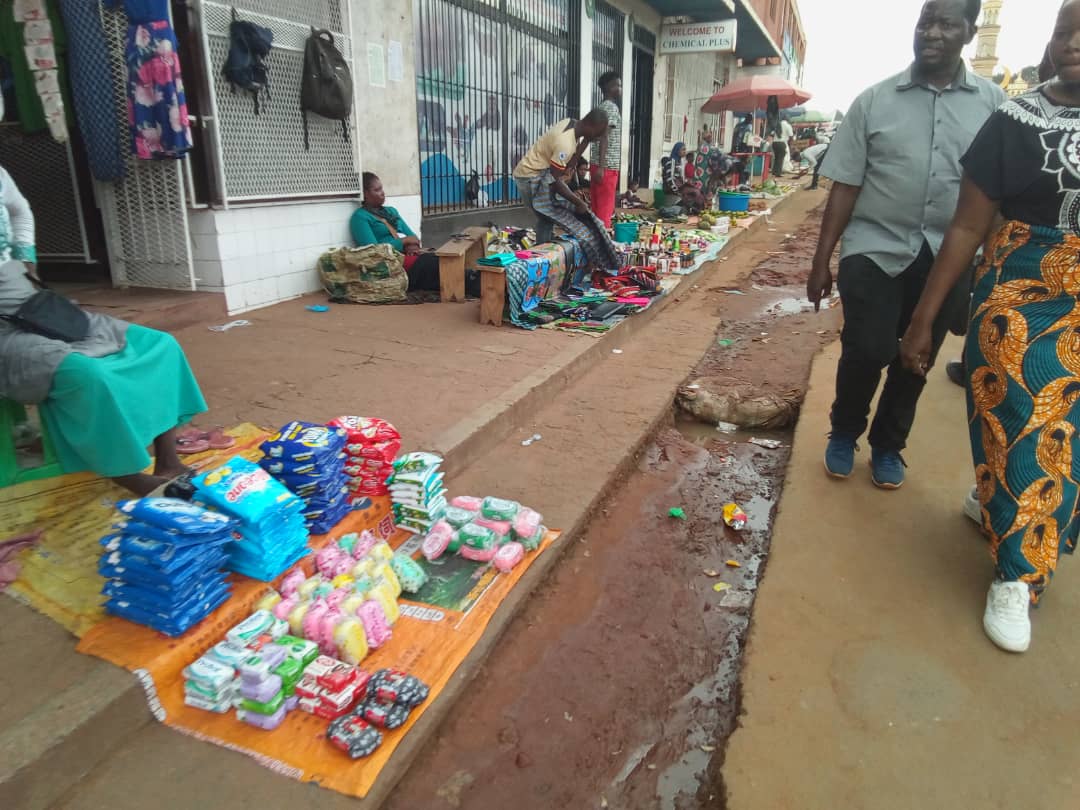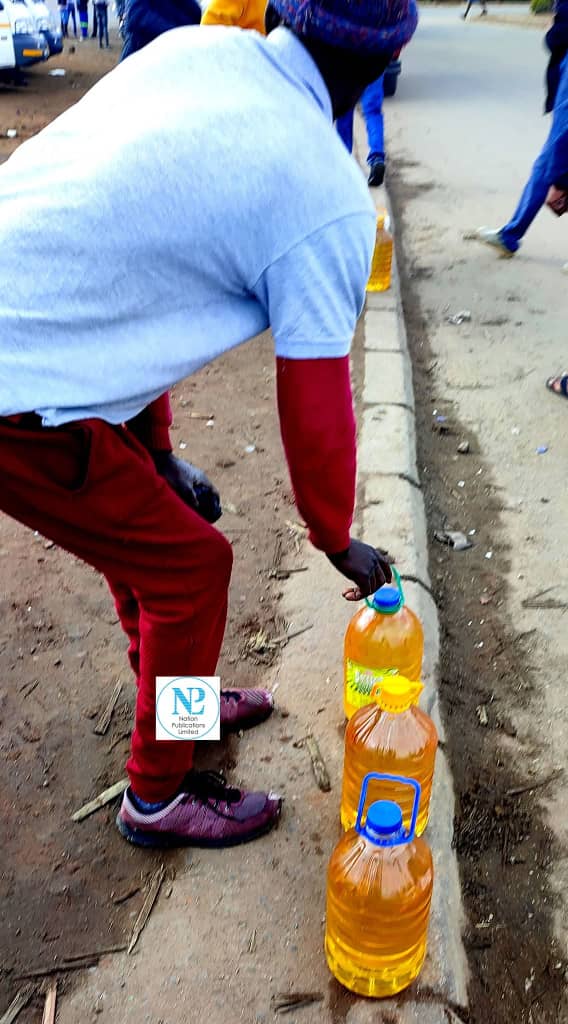By Burnett Munthali
On Sunday, November 10th, I decided to go to my office to attend to a few tasks. Around lunchtime, I encountered a few security guards at the main gate. After speaking with them, I discovered that they hadn’t contributed anything for their lunch me because they were broke, so I offered to cover their meal. Their gratitude was clear, but their financial struggle left an impression on me that echoed throughout the day as I spoke with others in Lilongwe’s working and business community.
Later, I visited Lilongwe’s main market near the bus depot. I spoke with a hardware shop owner, asking about the state of business. His expression was bleak as he stated plainly, “Business inayima kale kale—zinthu sizikuyenda ndipo sitikudzuwa kuti tingachite chiyani” (Business stopped long ago, things are not going well, and we don’t know what to do).
This sentiment was echoed by a vendor selling decoders who told me with a similar sense of frustration that business has effectively “stopped,” leaving life increasingly difficult. He described the streets bustling with people, but few were buying anything. This, he explained, is a common scene: “You will notice movement of many people, for example, during Christmas, but they just walk around town without even a plastic jumbo, and you rarely see people entering shops to buy because they have no money.”
A significant issue is the rapid depreciation of the Malawi Kwacha, which often goes unreported. Vendors discover the weakened exchange rate only when they go to order goods, and many express the challenges of conducting business under this financial strain. “Life is tough today, and survival is even harder,” one vendor summarized.
- DPP and UTM seek court intervention over MEC’s rejection of electoral audit
- Dausi to Contest as Independent in September Polls
- Chihana Blasts Politicians’ Greed as Presidential Aspirants Hit 18
- Malawians tired of personal attacks in campaigns, says MEC Chairperson Mtalimanja
- Youth-decide champions young voices at MEC 2025 elections launch with national youth manifesto
I later met a Pakistani businessperson who shared his experience as a foreigner navigating Malawi’s business landscape. His shop, once bustling, now sees frequent customer inquiries without purchases. He noted that a container of goods that would sell within a month or two in 2019 now takes over a year to sell. This is due to a combination of forex shortages, a steadily declining Kwacha, rising prices, high taxes from the Malawi Revenue Authority (MRA), and the overall inaccessibility of importing goods. “It’s very unsuitable for business,” he added.
Lastly, a taxi driver voiced frustrations about the ongoing fuel shortages, a problem severely impacting his business. He expressed a sentiment I heard from others as well: “boma ndi lomweli tingosintha Chipani chaka Cha mawa basi” (we need to change the government in next year’s elections).
From these discussions, it is clear that the working and business community in Malawi faces immense hardships. The continuous devaluation of the Kwacha, rising operational costs, and consumer financial struggles have coalesced into a stagnant economy, where simply staying afloat has become a daily challenge. This is not merely an economic issue but one affecting the core of Malawi’s society—families, workers, and business owners who are struggling to survive. The sentiment is widespread, and the need for effective economic policy and leadership that can address these foundational issues is urgent.





